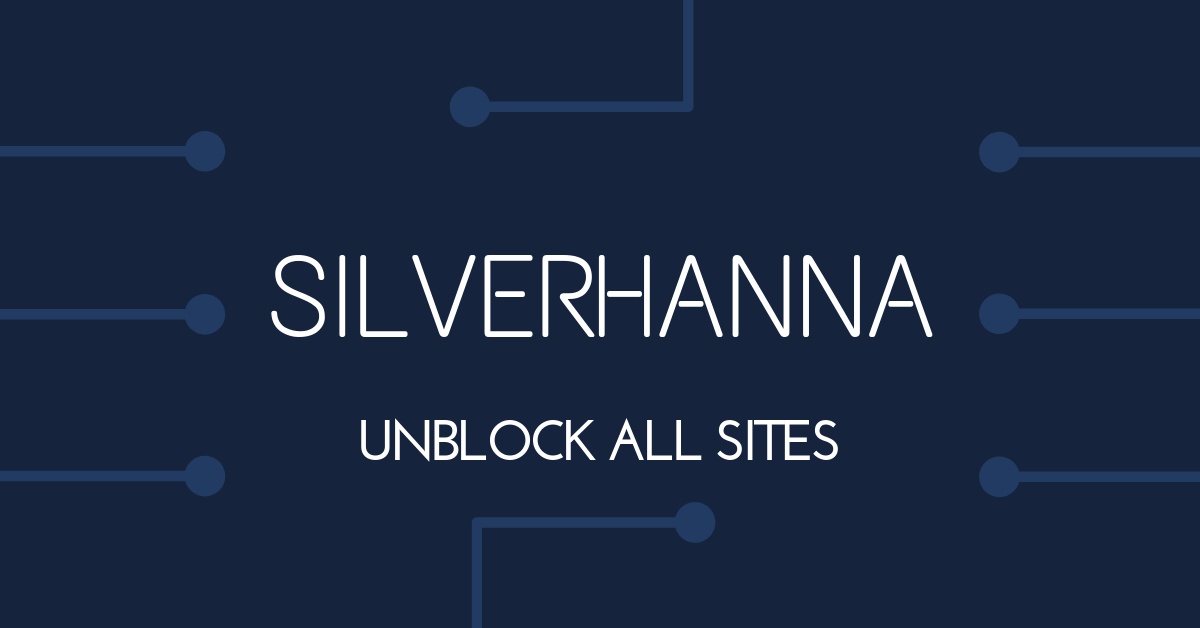Table of Contents
Avoiding weak passwords is essential for protecting your online accounts and personal information. Here are some tips on how to create strong and secure passwords:
Use Complex Passwords
Choosing a strong password is crucial for online security. Here are some guidelines for creating a strong and secure password:
Make your password at least 12-16 characters long. Longer passwords are generally stronger. Use a mix of the following elements:
- Uppercase letters (A-Z)
- Lowercase letters (a-z)
- Numbers (0-9)
- Special characters (e.g., !, @, #, $, %)
Avoid Common Words and Phrases:
- Don’t use easily guessable information like “password,” “123456,” or “qwerty.”
- Avoid using common phrases or easily discoverable personal information (e.g., your name, birth date, or “admin”).
Use Passphrases
Consider creating a passphrase by combining random words, making it long and memorable (e.g., “PurpleTiger$Dances@Moonlight”).
A passphrase is a type of password, but it’s typically longer and composed of multiple words or a series of random words and characters. Passphrases are used for authentication and security, and they are often considered more secure than traditional passwords. Here are some key characteristics of passphrases:
- Length: Passphrases are longer than typical passwords. They are often composed of multiple words, making them more complex and harder to guess.
- Words and Characters: A passphrase can include a mix of words, numbers, and special characters to enhance complexity.
- Ease of Remembering: Unlike a random string of characters, passphrases are designed to be easier to remember because they consist of common words or phrases. This makes them more user-friendly.
- Security: Passphrases are generally more secure than short and simple passwords. The longer and more complex the passphrase, the harder it is for attackers to crack.
- Examples: Here are a few examples of passphrases:
- “PurpleTiger$Dances@Moonlight”
- “CorrectHorseBatteryStaple”
- “Pizza2night&Spaghetti4Lunch”
- Passphrase vs. Password: While a password might be something like “P@ssw0rd,” a passphrase is typically a longer and more natural combination of words and characters, like “SunshineOnARainyDay123!”
Passphrases are often recommended for securing sensitive accounts because they are easier to remember and harder to crack through brute-force or dictionary attacks. However, it’s essential to make your passphrase sufficiently long and complex to ensure security. Additionally, using a different passphrase for each account or service is a good practice to enhance security.
Unique for Each Account
Use a unique password for each online account. This way, if one is compromised, it doesn’t put all your accounts at risk.
Update Regularly
Change your passwords periodically, especially for critical accounts like email and online banking.
Enable Two-Factor Authentication (2FA)
Whenever possible, enable 2FA for your accounts. This provides an extra layer of security.
Use a Password Manager
Consider using a password manager to generate, store, and autofill complex passwords. These tools can help you manage multiple passwords securely.
Check for Breaches
Use online tools or services that allow you to check if your email or passwords have been involved in data breaches. If so, change your passwords immediately.
Beware of Phishing
Be cautious of phishing attempts. Hackers may try to trick you into revealing your password through fake websites or emails. Always verify the legitimacy of the source.
Educate Yourself
Stay informed about cybersecurity best practices and evolving threats. The more you know, the better you can protect yourself.
Avoid Dictionary Words:
Refrain from using easily guessable words found in dictionaries or well-known phrases.
Remember that creating strong passwords is the first line of defense in keeping your online accounts secure. By following these guidelines and using good password hygiene, you can significantly reduce the risk of unauthorized access to your accounts.




Recent Comments